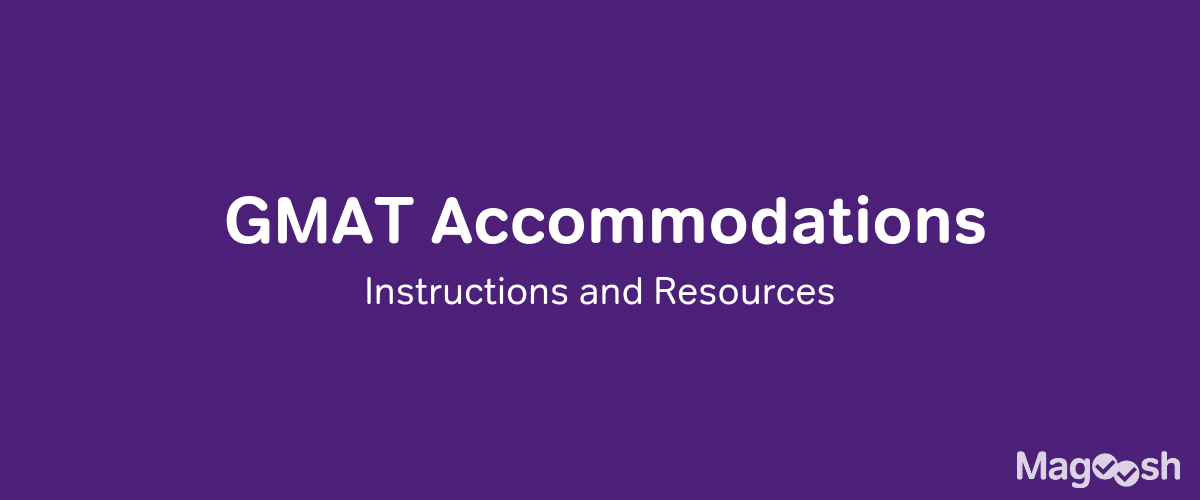Don’t reproduce spoken-English mistakes in GMAT Sentence Correction!
It’s logical, but …
Consider the following sentences.
1) Unlike the full gram of potassium found in a baked potato, a banana has only about 600 milligrams.
2) So upset with the low wages set in the new contract, management had to hear a long litany of complaints from the union as well as from individual factory workers.
3) Composing his first symphony a full twenty years after he became well-known as a composer, music critics were elated when Brahms finally published the piece.
In all three of those sentences, the logic is probably clear. We know the comparison is between a baked potato and a banana. We know the union & factory workers, not management, are the upset ones. We know that that Brahms, not the music critics, composed the symphony. We know all that, and in spoken-English these sentences would be clear enough. BUT, that’s not good enough on the GMAT. On the GMAT, it’s not enough if a sentence conveys the gist of what an author is trying to say. On GMAT Sentence Correction, the grammar and logic must be in complete agreement.
Grammar vs. Logic
All three of those sentences would be incorrect on GMAT SC. In the grammatical construction — “Unlike X, Y does….”, the object of the preposition “unlike” is always the first term of the comparison. Here, in sentence #1, the object of “unlike” is “the full gram” — what follows are modifiers of “the full gram.” The grammar is set up so that the comparison is between “the full gram” and “a banana.” Logic tells us the comparison should be between “a baked potato” and “a banana.” Grammar and logic suggest different things, so this is a faulty sentence.
The first part of the sentence is a modifying phrase, built around the adjective “upset.” By the Modifier Touch Rule, the very next noun the phrase touches is what it modifies, and in this case, that’s “management.” Thus, according to the grammar, management is upset. But the logic of the overall sentence suggests: no, the union and the factory-workers are the ones who are upset — after all, these latter are the ones complaining! Grammar and logic suggest different things, so this is a faulty sentence.
The first part of the sentence is a participial phrase, built around the participle “composing.” This participial phrase touches “music critics”, so according to the Modifier Touch Rule, the grammar suggests that the music critics composed the symphony. But, we know that Johannes Brahms (1833-1897) was a composer — in fact, one of the “three B’s”, the three premier composers. Logically, we know that Brahms, not the music critics, wrote the symphony in question, Symphony #1 in C minor, Op. 68. Grammar and logic suggest different things, so this is a faulty sentence. (Are you sensing a pattern?)
Harmony
Our standards on GMAT Sentence Correction must be higher than they are in everyday spoken English. In spoken English, in many situations, it’s often enough to make the logic, the meaning, clear. That alone is not good enough on the GMAT. In a well-crafted GMAT sentence, the grammar and logic must be in harmony, must be united in supporting the same interpretation.
As examples of this, here are possible corrected versions of those three sentences.
1) Unlike a baked potato, with a full gram of potassium, a banana has only about 600 milligrams.
2) So upset with the low wages set in the new contract, the union and individual factory workers laced into management with long litany of complaints.
3a) Composing his first symphony a full twenty years after he became well-known as a composer, Brahms elated music critics when he finally published the piece.
3b) Brahms composed his first symphony a full twenty years after he became well-known as a composer, and music critics were elated when he finally published the piece.
When your grammar and logic are aligned, your writing is that much more powerful and persuasive. That is exactly what will further your career when you write in the business world. Therefore, this is exactly what the GMAT rewards on Sentence Correction.
Keeping the classical music theme, here’s a related SC question, to practice these ideas further.






Leave a Reply